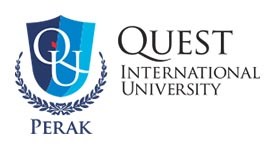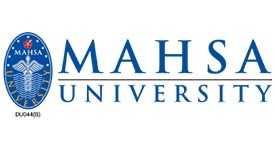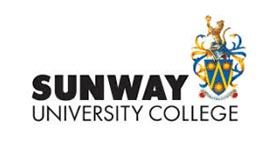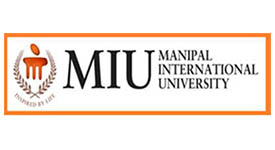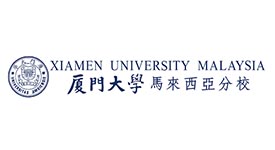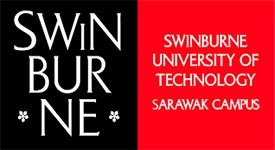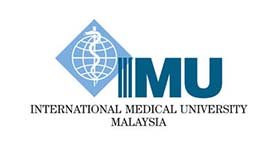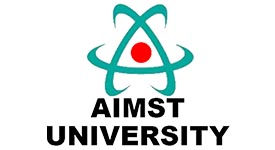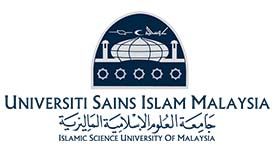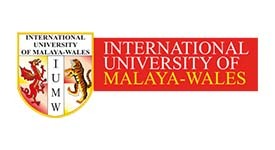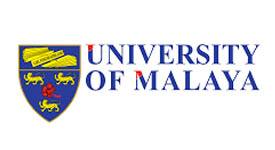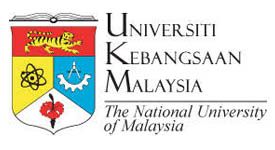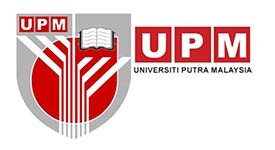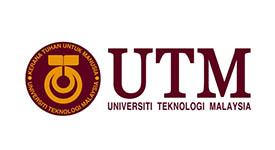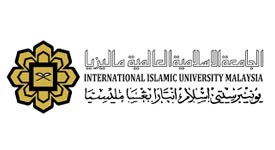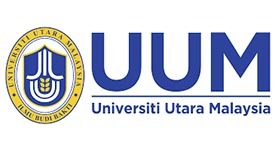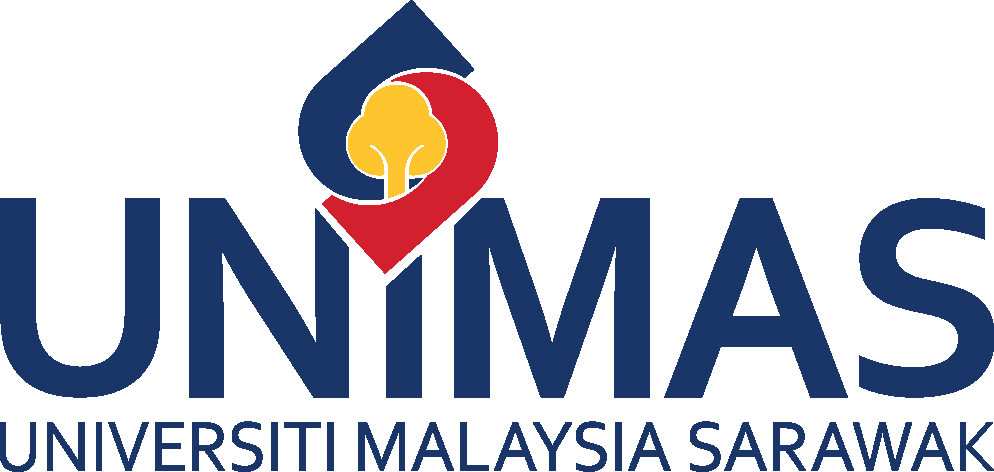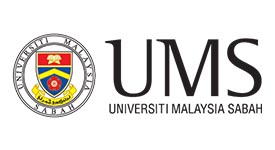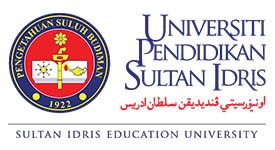- Home
- University
- University of Nottingham Malaysia UNM
- course
- Bachelor of Science (Hons) in Biotechnology
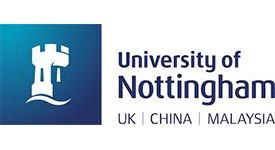
University of Nottingham Malaysia UNM
- Location: Selangor, Malaysia, Selangor
-
-
Schooling:
-
View:
- Type: Foreign University
- Courses: 87
- QS World University Rankings:
- Times Higher Education World University Rankings:
- Get Direction
Bachelor of Science (Hons) in Biotechnology Fees Structure, Admission, Intake, Deadline
Study Mode:FULL TIME
Duration:3 years
Level:UNDER-GRADUATE
Exam
Accepted:N/A
Intake:September
Tuition
Fees:N/A
|
Course Intake
Jan
Feb
Mar
Apr
May
Jun
Jul
Aug
Sep
Oct
Nov
Dec
University of Nottingham Malaysia UNM Popular Courses
Top Streams:
Malaysia Popular Courses
Top Streams:
Top Courses to Study in Malaysia
Top Streams:
International Islamic University of Malaysia
Gombak Road, 53100 GombakSel,, Selangor
University of Islamic Sciences Malaysia
New Town, 71800 Value, State o, Negeri Sembilan


